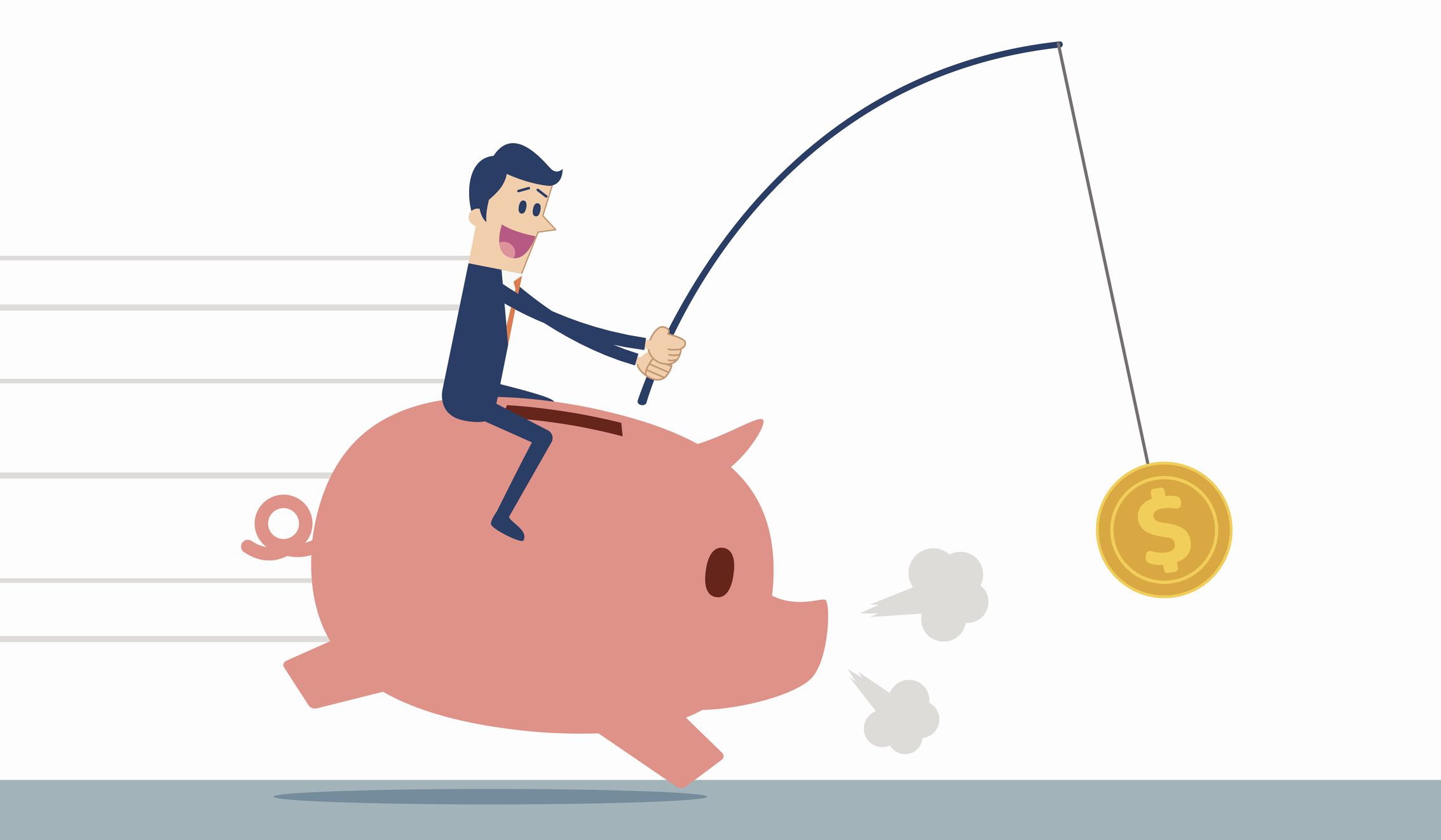
You should consider several factors when determining what a high score is. Below are some examples: credit utilization, total debts, and credit history. You can also consider other factors such as your credit utilization rate and new accounts. These factors will help you improve your credit score. But be sure to understand the different ways to raise your score.
Preapproval
Preapproval for a loan is an essential step in the purchase of a home. Many people have high credit scores. But this doesn't guarantee the loan's approval. Because lenders preapprove loans based on your credit score, debt repayment history, payment history, as well as available credit, These are steps to increase your credit score and get pre-approved. Pay attention:
A high credit score means you pay your bills promptly and use less credit than 30%. This will enable you to qualify at lower interest rates for a mortgage loan and can also help you get a better rate. It can be easier to get a preapproval letter from your lender. To shop for a home, you can also use your score. You might be amazed to learn that your potential score can improve up to 100 points. This will dramatically increase your chances for getting pre-approved.

Credit history length
A strong credit score can be directly related to a track record of responsible credit-use. A recent credit card application may lower your average account age, which can negatively impact your overall score. FICO, VantageScore, and other credit agencies, treat credit age differently. Therefore, having a long credit record is beneficial to your overall score.
FICO doesn’t give a specific number of credit years, but experts believe that the longer your credit history is, the better your FICO score. Some credit scoring professionals recommend seven years or more credit history. Others advise a longer credit score. These are some ways to make sure you're not unsure of your credit history:
New credit
If you have recently opened new credit accounts, your credit score might be a little lower. You can improve your credit score with a few simple steps. First, you should limit your credit limit to only one account. It will benefit your score if there is a very small balance. Also, you might want to get rid of your old accounts as soon and as quickly as possible. If you have a high credit card balance, it can affect your score.
Second, you should be aware of your credit utilization ratio. You could lose your score by asking too many questions. Your utilization rate is the percentage credit you have available. A goal is to keep your utilization percentage below 30%. If you have high utilization, your score will fall. This is especially true if you don't make regular payments. You should therefore make sure to pay off your credit cards every month. While this will improve your score, it will take time.

Credit utilization
Purchases you make recently can have an impact on your credit score, credit utilization and credit score. If you can repay the full amount of these credit cards in full before the due dates, then your credit score should not be negatively affected. Be careful, though, because requesting a higher credit limit can trigger a hard inquiry and lower your score. This is especially important if you are planning to apply for credit in near future. You can take immediate action if you are serious about maintaining your credit score.
Your credit rating will be improved if you have a high credit score and a low credit utilization ratio. A lower utilization ratio means that you have a good payment history which will increase your credit score. But you can't just use your cards for emergencies - you should also pay them off as soon as possible. Keep the balances on all your cards below 30% if you have more than one. Pay more than the minimum each month and your credit score will increase.